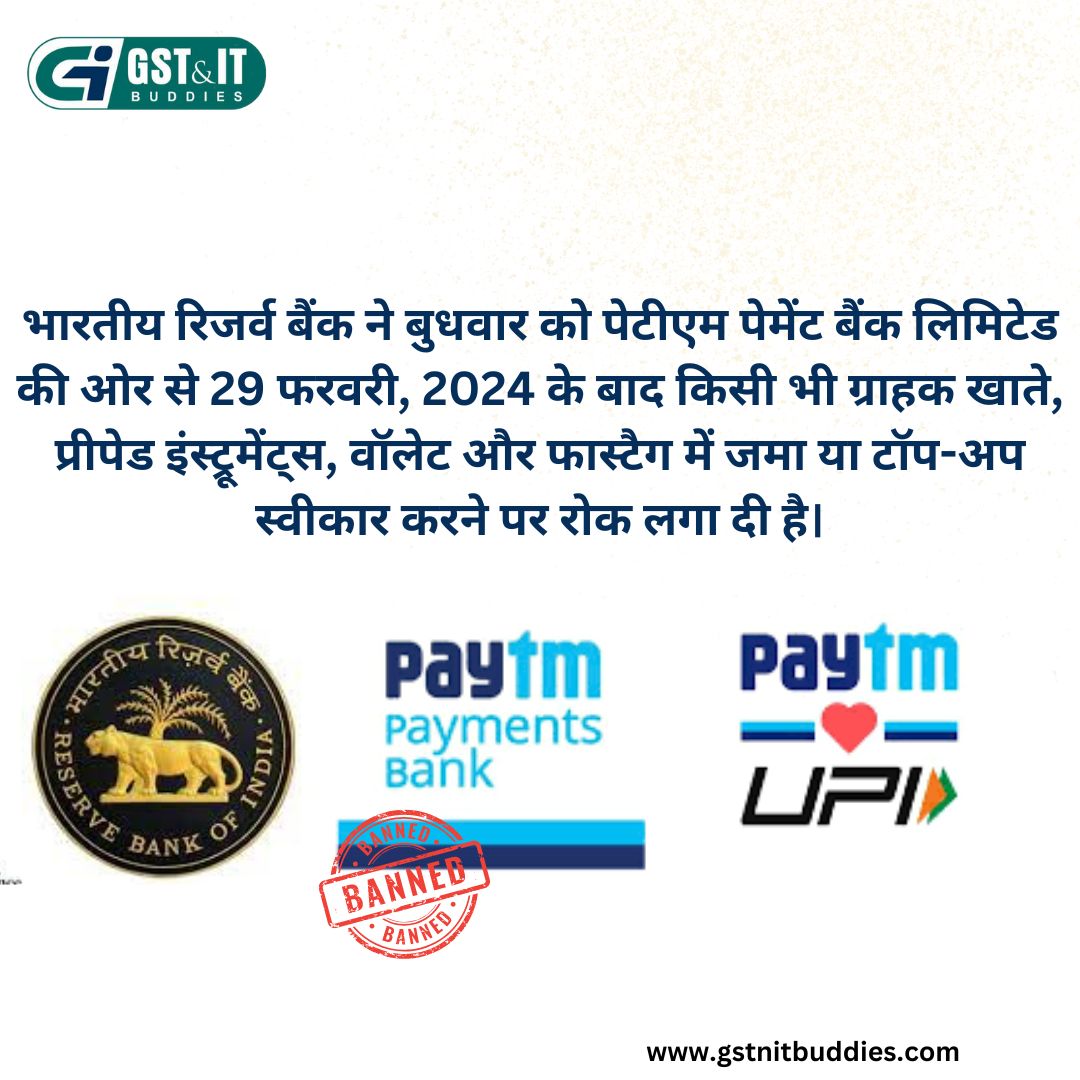More than two years after it was first announced by the market regulator SEBI, the proposed trading in the country’s first spot physical gold exchange product, Electronic Gold Receipt, remains a non-starter due to taxation issues. EGRs are like depository gold receipts traded on the stock exchanges and held in demat accounts, just like shares. In the Union Budget 2021-22, Finance Minister Nirmala Sitharaman announced the setting up of a SEBI-regulated gold spot exchange, and the entire bullion industry welcomed the move as it was operating in a vacuum without regulatory oversight. Subsequently, in September 2021, SEBI introduced two new investment instruments, EGR and silver ETFs, in its board meeting. It also laid down a detailed guideline for EGR and gave approval to BSE to launch gold EGR on its platform. While silver ETF has taken off nicely, EGR has hit the wall due to the GST issue.
More than two years after it was first announced by the market regulator SEBI, the proposed trading in the country’s first spot physical gold exchange product, Electronic Gold Receipt, remains a non-starter due to taxation issues.
EGRs are like depository gold receipts traded on the stock exchanges and held in demat accounts, just like shares.
In the Union Budget 2021-22, Finance Minister Nirmala Sitharaman announced the setting up of a SEBI-regulated gold spot exchange, and the entire bullion industry welcomed the move as it was operating in a vacuum without regulatory oversight.
Subsequently, in September 2021, SEBI introduced two new investment instruments, EGR and silver ETFs, in its board meeting. It also laid down a detailed guideline for EGR and gave approval to BSE to launch gold EGR on its platform. While silver ETF has taken off nicely, EGR has hit the wall due to the GST issue.
As envisaged by the government, large importers and bullion dealers have to deposit gold in exchange-designated vaults to generate EGRs equivalent to the quantity of gold deposit. These receipts are listed on the exchanges for trading.
The buyer of EGRs has the option to trade them further on the exchange platform or convert them into physical gold by surrendering them at the designated vaults.
While EGR as a concept appears simple on paper, a leading gold importer said that once imported into India, gold bars cannot be moved out of the bank vault or traded without paying a GST of three per cent.
Once GST is paid and deposited at exchange-designated vaults for generating EGRs, the seller has to wait till these receipts are converted back into physical gold again for claiming the GST credit back, he said.
The conversion of EGRs into physical gold may take many months, and this in turn will lock up the scarce capital of three percent, he added.
‘Tricky situation’
Somasundaram PR, Regional CEO, of the World Gold Council, said it is a tricky situation as the government just cannot exempt GST on gold deposited at the exchange-designated vaults for conversion into EGRs as it may be misused.
The taxation part is probably not making it commercially viable, but it should get sorted out because there are some thoughts that have been shared, he added.
However, he added that once the taxation part is sorted out, EGRs will be a game changer for both retail investors and the bullion industry.





